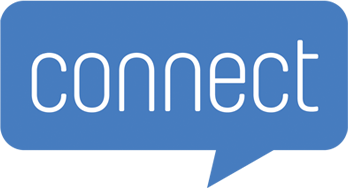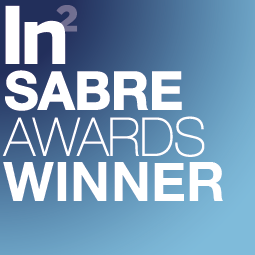DC:
10 G Street, NE
Suite 710
Washington, DC 20002
PR Case study: Steps to get your content read, viewed and remembered
Shaping Influence®: Connecting brands with target audiences
Influencer communications is a concept that eludes many of our fellow flacks and marketers, for whom the inability to prove a campaign’s value and financial worth is increasingly problematic. Believe it or not, some companies are okay with that, and results that hover close to the status quo. They’re complacent, led by managers who care just enough to make sure current strategies perform close to expectations.
While results bordering a notch or two above grossly underwhelming may merit a participation trophy, empowered brands have a shaping influence on the marketplace that can be measured.
Influencers: Engagement or Communications?
Influencer Communications is a 360-degree approach to communications and marketing. Combining tried and true marketing methods with multichannel engagement ensures that the right messages reach the right person at the right time. While you might not be leveraging celebrity or micro-influencers of any type right now, there are some high-value candidates walking your hallways, working at the next cubicle, and sitting across from you in meetings.
It’s your own employees.
Why Social Selling is so successful
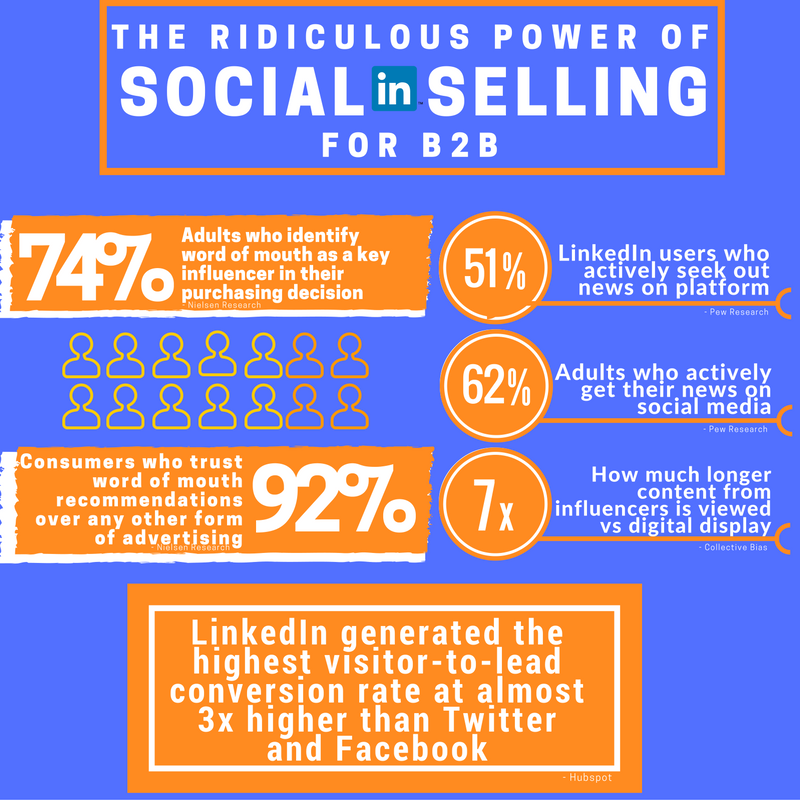
Where traditional marketing relies on sponsored posts, re-marketing, paid placements and ads, Influencer Communications are organic and tap into the existing social reach of your workforce – from the C-Suite on down.
Smart companies are hiring sales and biz dev people that take full advantage of LinkedIn, Twitter, MeetUp Groups and Facebook to keep in touch with former, current and potential customers, agents and potential partners.
It boggles my mind – really – how such a powerful tool is so tragically underutilized. People from all departments can positively influence perception, and communications and marketing teams can measure the value of their engagement.
Posts from corporate accounts are necessary, and for the most part, serve a distinct purpose. But when friends and trusted colleagues recommend an article, case study or research report, it’s personal. Authenticity counts, and every click, like, and share helps populate evergreen newsfeeds with your brand’s messages.
Influencer Communications need as many people as possible in your company to get involved. Your executives, business development team and anyone else that drives day-to-day operations are directly (or indirectly) connected to your target audience.
Influencer Communications First Steps
Influencer Communications begins with content that your brand ambassadors can leverage.
Content type and message can vary depending on your industry and target customer. Some popular choices include multimedia, infographics, video testimonials and case studies, white papers, blogs, etc, In most cases, it’s considered best practice to develop assets that fall into all of these categories.
The more assets you have, the better your chances that employee advocacy and brand ambassador campaigns will move the proverbial needle. With some planning, building a cache of assets can be done quickly. For example, marketers can dissect a single case study into a variety of photos, videos, blogs and other repurposed assets.

As you’re developing your assets, be mindful of the methods by which you plan to use them. The many social media platforms will become an integral part of your plan. Analyzing your target audience will tell you which you should be using — and avoiding. If your target audience isn’t using Instagram, it might not make sense to produce many photo-based assets.
As I mentioned in a previous article, LinkedIn is an essential medium of B2B marketing. Hubspot found that traffic from LinkedIn generated the highest visitor-to-lead conversion rate at 2.74 percent, almost three times (277 percent) higher than Twitter (.69 percent) and Facebook (77 percent). If your company has any focus on B2B transactions, it would behoove you to focus on developing blogs and thought leadership articles that can be shared on LinkedIn.
Facebook is also a very powerful messaging medium. In a study conducted by Facebook, Unicorn: A System for Searching the Social Graph, the company indicated that the average Facebook user has approximately 130 friends. Leveraging those friends of your employees, and their friends, can have an exponential effect in spreading your message.
Inform & Educate: Bridge the Gap Between Sales and Marketing

Once you identify the mediums best for your business and create assets, it’s time to get your employee involved. An influencer-based engagement effort should be clearly articulated to employees, easy for them to participate in, and potentially even incentivized.
All assets should be easy to locate and your employees should be given tools to help them share the content quickly and easily.
For example, to drive and sustain adoption, program managers must regularly provide a list of assets (perhaps via a weekly email), along with pre-written comments they can use in their social media posts. Again, the goal is to make sharing brand content as simple as possible for employees, removing any points of friction. This method also has the benefit of creating a unified message.
If you share content, you must measure the effectiveness of engagement to its being shared with the right people via the right medium. There are, of course, tools to help this measuring and analysis of the effectiveness of your engagement.
Do Influencer Communications Work?
Ummm…you tell me?
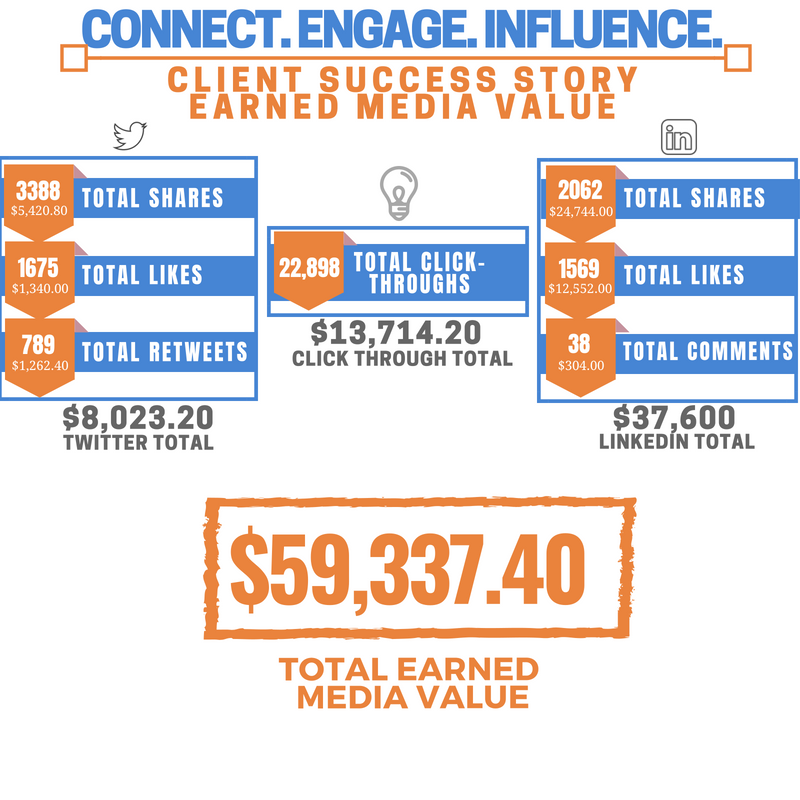
Recent studies show how influencer-based marketing outperforms traditional methods by a wide margin. Collective Bias, a company specializing in influencing campaigns for brands and retailers, performed a recent study that underscored the value of influencer content. Results showed that consumers view content from influencers seven times longer than a digital display ad (two minutes and eight seconds compared to 19.2 seconds).
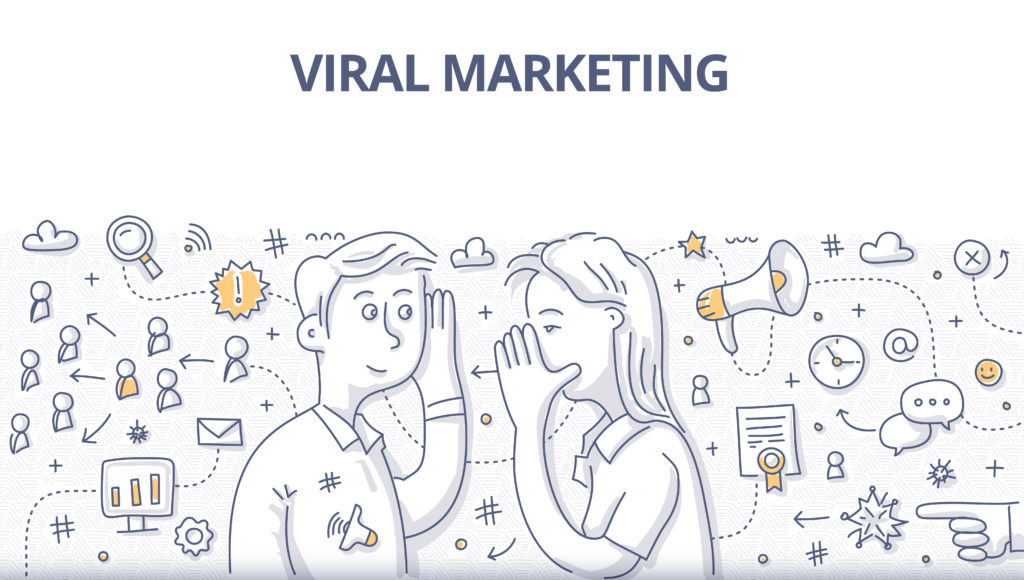
Social sharing on LinkedIn is very powerful.
All those statistics aside, we shouldn’t need any data other than common sense to know that Influencer Communications is effective. This descendant of word-of-mouth marketing is tailored for digital communications.
- Research from Nielsen shows that 92 percent of consumers trust word of mouth recommendations over any other form of advertising.
- Research from Ogilvy, Google, and TNS that showed that 74 percent of consumers identify word-of-mouth as a key influencer in their purchasing decision.
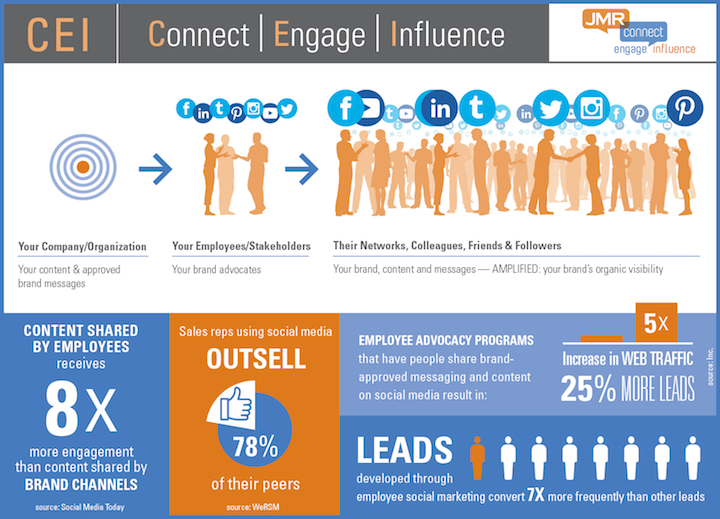
Influencer Communications takes the “word-of-mouth” and augments it with communication on social media. Despite the change in how the message is being delivered, the outcome is the same: highly effective engagement that moves the needle and bring in sales.
Lastly, barrier to entry is very low, because the delivery mechanism is already on your payroll…in case you needed another reason to buy-in.














